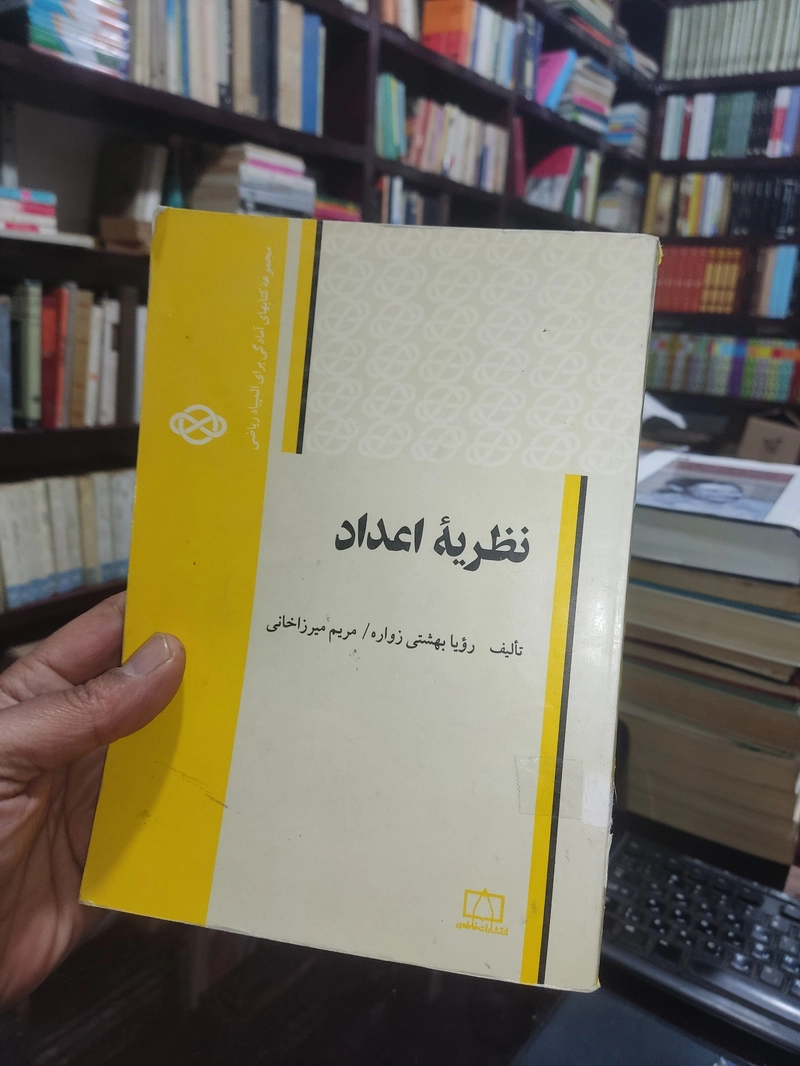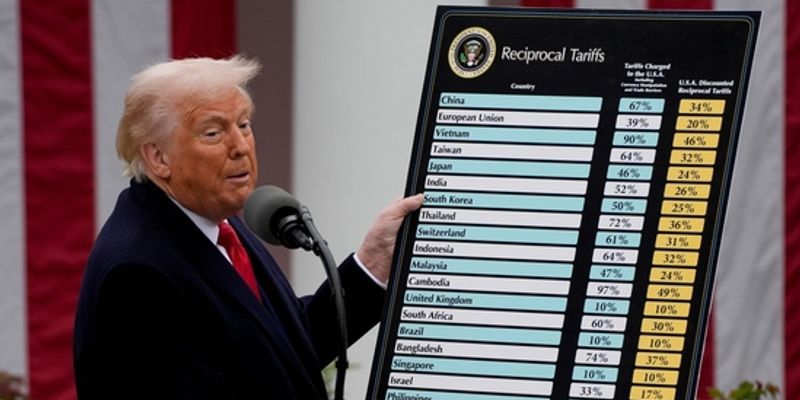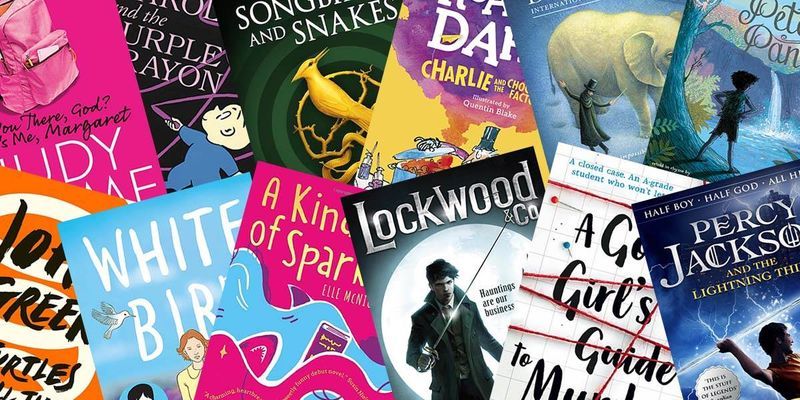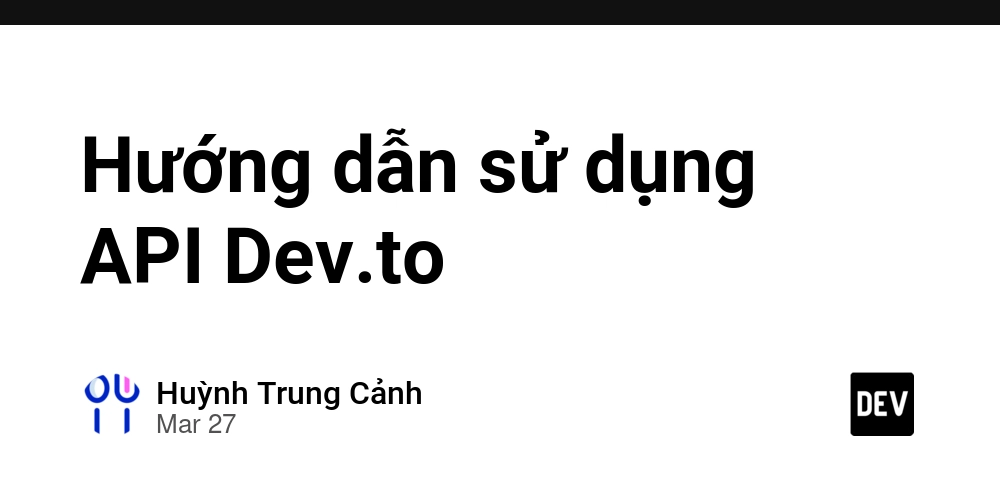Maryam's Book – A Story of Inspiration
When I was in high school, preparing for the Olympiad of Informatics and Mathematics, one of the most important topics was Number Theory. We studied it from a yellow book written by none other than Maryam Mirzakhani and Roya Beheshti Zavareh. We simply called it "Maryam's book." It was our guide, our reference, and a source of pride. Maryam had once been in the same school that we were, and knowing that she had walked a similar path gave us a sense of possibility. If she could do it, maybe we could too. Years later, I entered university to study Pure Mathematics. 60% of my classmates were women (and if not for the gender quota, it might have been closer to 90%). It was during these years that Maryam Mirzakhani was nominated for a Fields Medal—and the entire faculty was buzzing with excitement. She was a symbol of what was possible. When she won the Fields Medal, she became the first woman ever to receive it. And when she passed away a few years later, I was at Sharif University of Technology, the same university where she had once studied. Her presence always felt close, as if she had never really left. Three years after that, when my wife and I left Iran for Geneva, Switzerland, so she could attend a Master Class in Mathematics, Geometry, and Physics, she was incredibly hyped—she wanted to become the second woman to win a Fields Medal. And for a good reason. Her dedication and commitment to mathematics have always been a source of inspiration for me. Since then, Iranian women in STEM have always been a source of inspiration for me. All of my female colleagues from Café Bazaar, whether they are still in Iran or now around the world—doing a PhD, working at Google, or holding lead positions at Zalando—are a testament to their resilience and excellence. The super-intelligent and powerful Iranian women here in Freiburg, many of them thriving in academia or software engineering, continue to amaze me. The strength of Iranian women never ceases to inspire me. They have consistently pushed boundaries, overcoming challenges to make remarkable contributions to science, mathematics, and culture. Maryam Mirzakhani was more than a mathematician. She was an icon of perseverance, and her legacy lives on in the countless Iranian women making strides in STEM today. On this International Women's Day, I want to honor her, my wife, my colleagues, and all Iranian women who continue to break barriers and inspire future generations. Who are the women who have inspired you? Let's celebrate them today. P.S.: Number theory, often called the queen of mathematics, is the study of integers and their properties, playing a fundamental role in cryptography, coding theory, and algorithmic problem-solving.

When I was in high school, preparing for the Olympiad of Informatics and Mathematics, one of the most important topics was Number Theory. We studied it from a yellow book written by none other than Maryam Mirzakhani and Roya Beheshti Zavareh.
We simply called it "Maryam's book." It was our guide, our reference, and a source of pride. Maryam had once been in the same school that we were, and knowing that she had walked a similar path gave us a sense of possibility. If she could do it, maybe we could too.
Years later, I entered university to study Pure Mathematics. 60% of my classmates were women (and if not for the gender quota, it might have been closer to 90%). It was during these years that Maryam Mirzakhani was nominated for a Fields Medal—and the entire faculty was buzzing with excitement. She was a symbol of what was possible.
When she won the Fields Medal, she became the first woman ever to receive it. And when she passed away a few years later, I was at Sharif University of Technology, the same university where she had once studied. Her presence always felt close, as if she had never really left.
Three years after that, when my wife and I left Iran for Geneva, Switzerland, so she could attend a Master Class in Mathematics, Geometry, and Physics, she was incredibly hyped—she wanted to become the second woman to win a Fields Medal. And for a good reason. Her dedication and commitment to mathematics have always been a source of inspiration for me.
Since then, Iranian women in STEM have always been a source of inspiration for me.
All of my female colleagues from Café Bazaar, whether they are still in Iran or now around the world—doing a PhD, working at Google, or holding lead positions at Zalando—are a testament to their resilience and excellence. The super-intelligent and powerful Iranian women here in Freiburg, many of them thriving in academia or software engineering, continue to amaze me.
The strength of Iranian women never ceases to inspire me. They have consistently pushed boundaries, overcoming challenges to make remarkable contributions to science, mathematics, and culture.
Maryam Mirzakhani was more than a mathematician. She was an icon of perseverance, and her legacy lives on in the countless Iranian women making strides in STEM today.
On this International Women's Day, I want to honor her, my wife, my colleagues, and all Iranian women who continue to break barriers and inspire future generations.
Who are the women who have inspired you? Let's celebrate them today.
P.S.: Number theory, often called the queen of mathematics, is the study of integers and their properties, playing a fundamental role in cryptography, coding theory, and algorithmic problem-solving.











































































































































































![[The AI Show Episode 142]: ChatGPT’s New Image Generator, Studio Ghibli Craze and Backlash, Gemini 2.5, OpenAI Academy, 4o Updates, Vibe Marketing & xAI Acquires X](https://www.marketingaiinstitute.com/hubfs/ep%20142%20cover.png)




























































































































![[DEALS] The Premium Learn to Code Certification Bundle (97% off) & Other Deals Up To 98% Off – Offers End Soon!](https://www.javacodegeeks.com/wp-content/uploads/2012/12/jcg-logo.jpg)


![From drop-out to software architect with Jason Lengstorf [Podcast #167]](https://cdn.hashnode.com/res/hashnode/image/upload/v1743796461357/f3d19cd7-e6f5-4d7c-8bfc-eb974bc8da68.png?#)








































































































.png?#)


































_Christophe_Coat_Alamy.jpg?#)
.webp?#)
 (1).webp?#)






































































































![Apple Considers Delaying Smart Home Hub Until 2026 [Gurman]](https://www.iclarified.com/images/news/96946/96946/96946-640.jpg)
![iPhone 17 Pro Won't Feature Two-Toned Back [Gurman]](https://www.iclarified.com/images/news/96944/96944/96944-640.jpg)
![Tariffs Threaten Apple's $999 iPhone Price Point in the U.S. [Gurman]](https://www.iclarified.com/images/news/96943/96943/96943-640.jpg)

































































































































